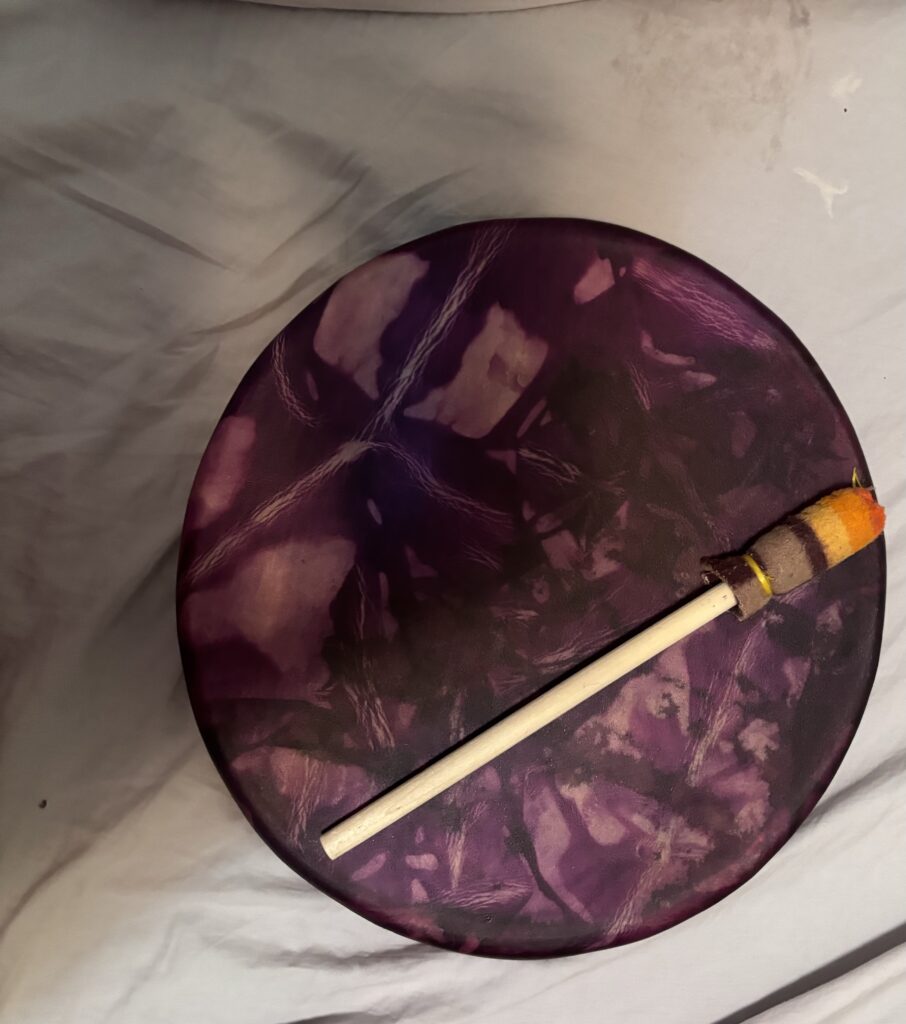My perspective of societal injustices was expanded by taking the social justice course, which was an eye opening experience. The course material covered historical foundations, contemporary issues, and possible answers. It disproved assumptions and promoted critical analysis of systemic problems.
Talking with people who had different viewpoints improved my awareness and empathy. The lesson examined privilege and stressed the need of having allies. It encouraged me to examine my own prejudices and privilege and strengthened my resolve to topple unfair systems.
By examining case studies and actual instances, I was able to relate abstract ideas to concrete circumstances. It gave me the confidence to challenge social norms and promote inclusivity. Knowing intersectionality becomes essential to understanding how different social identities are interrelated.
Adding richness to the scholarly framework, guest speakers gave personal accounts and represented oppressed communities. These accounts made the daily hardships more relatable and emphasized how urgent it is to solve systemic inequality. In order to promote long-lasting change, the training also stressed the significance of grassroots movements and civic engagement.
We also had a guest speaker Who was a survivor of the residential school come in to teach us how to make drums.
I learnt the ancient and highly revered craft of drum making in the Indigenous way of knowing class. As we used traditional methods and natural materials to build drums, we connect with the wisdom of the ancestors. Indulge in cultural importance and create a connection between spiritual resonance and handicraft that is significant.
My ability to investigate and suggest answers for particular social concerns was tested by assignments. My theoretical knowledge was reinforced, and my problem-solving abilities were refined by this real-world application. The way the training was structured encouraged teamwork and cooperative efforts to solve challenging issues.
It is a potent instrument for artists to expose injustices and spur on group action to use the theater as a platform for social change. “Truth to Power: Promoting Social Change on Stage and Screen” acknowledges the transformative power of theater settings in raising consciousness and igniting thought-provoking discussions about social concerns, as is was use for the Laramie project.
It equipped me with stage play and screen play writting skills tp fight against gender inequality in my country.
To sum up, the social justice course was an enlightening experience that helped me develop my viewpoint on society problems and gave me the skills I needed to be an advocate for change. It gave people a sense of obligation to actively work toward making the world fairer and just.

